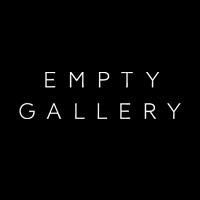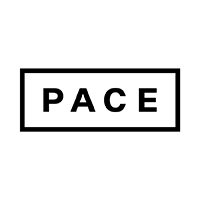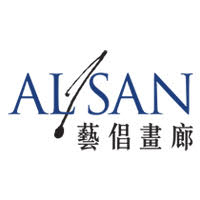Thailand Biennale Announces Curator and Theme for Second Edition
By ArtAsiaPacific

The 2021 curators of the second Thailand Biennale, clockwise from the left: YUKO HASEGAWA, VIPASH PURICHANONT, SEIHA KUROSAWA, and TAWATCHAI SOMKONG. Courtesy the Thailand Biennale.
The artistic director of the Museum of Contemporary Art Tokyo, Yuko Hasegawa, will be the head curator and artistic director of the second Thailand Biennale, which has been postponed from this year to June 2021. The Biennale will take place over the course of three months in Korat, Nakhon Ratchasima province, in the northeastern region of Thailand, Isan.
The Thailand Biennale is organized under the aegis of the Office of Contemporary Art and Culture (OCAC), Ministry of Culture. In addition to appointing Hasegawa, OCAC has named the Biennale’s co-curators, all with prior experience with working on large-scale exhibitions: Seiha Kurosawa, an assistant curator of the 7th Moscow Biennale, which Hasegawa directed; Vipash Purichanont, an assistant curator for the first Thailand Biennale Krabi and a curator of Singapore Biennale 2019; and Tawatchai Somkong, who curated the Thailand Pavilion at the 58th Venice Biennale.
Exhibitions and artworks will encourage artists to work with natural sites and local communities, and will be held at venues in Korat City, Pak Chong, and Pimai. The first Thailand Biennale was held in the country’s southern region of Krabi.
In a press release from July 14, Hasegawa explained the Biennale’s ambitions, saying that: “The theme for this particular Biennale is a proposal and a practice, primarily focusing on the ecologies specific to this region, in an attempt to create autonomous micro-ecologies. These ‘ecologies’ do not refer only to natural environments: they also encompass an entire array of elements that surround us, whether they are social, psychological, or informational.”
No participating artists were immediately announced. However, Hasegawa stated that the Biennale would involve “artists, architects, scientists, anthropologists, and other domain experts.” She described her team’s role as “facilitat[ing] all these potential resources including animals and plants,” adding that the goal of the Biennale is “the detoxification of the body and spirit of this land as well as the fiduciary relationship among people who inhabit it.”
To read more of ArtAsiaPacific’s articles, visit our Digital Library.






